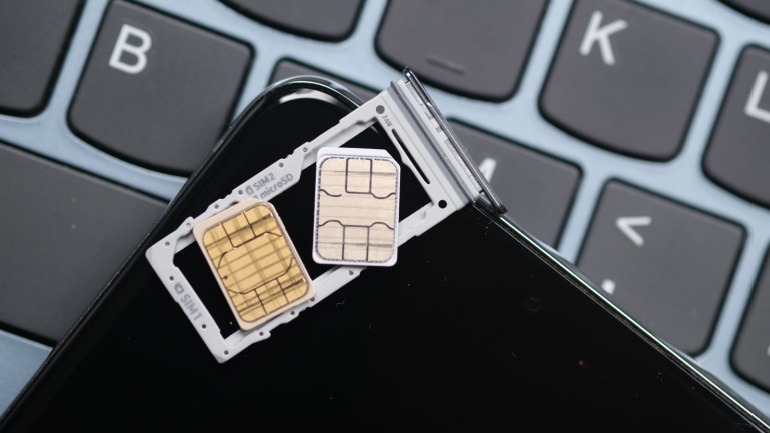SIM swap fraud cases in the UK surged over one thousand percent in 2024, exposing major vulnerabilities in the telecom sector. Criminals use this tactic to intercept calls and messages, enabling identity theft and account takeovers. Cifas urges stronger identity checks and cross-sector data sharing to combat the rising threat.
Four men were convicted in Glasgow for a £6 million telecom fraud involving NHS contracts. Executives from Oricom colluded with officials who leaked confidential information in exchange for cash and gifts. The case revealed major procurement flaws and stressed the need for greater transparency and accountability in public sector contracting.
The UK government is pioneering a ban on ‘SIM farms’ to combat rising fraud and scams. SIM farms are hubs for multiple SIM cards enabling mass messaging for fraudulent activities. This legislative action targets the method, disrupting major fraud operations and safeguarding the public.
Ericsson is advancing its Mobile Financial Services Platform by integrating INFORM’s RiskShield anti-money laundering (AML) and fraud management software. This collaboration enhances financial risk mitigation and fraud prevention, securing ecosystems for Ericsson’s customers, including operators, enterprises, and banks.
Vodafone Carrier Services, the wholesale arm of Vodafone Business, has introduced Scam Signal, an API aimed at countering impersonation scams, particularly within the realm of Authorised Pushed Payment (APP) fraud.
This new API, Scam Signal, has demonstrated promising results, boasting a 30% improvement in scam detection during a successful pilot with a UK bank over three months.
Vonage, a leading global provider of cloud communications solutions for businesses’ digital transformation, has introduced the Vonage Protection Suite, a comprehensive lineup of counter-fraud products and solutions aimed at safeguarding against the ever-evolving threats of online fraud and cyberattacks. The suite empowers developers and businesses to create robust counter-fraud measures, offering a unique level of customer control in managing communications.
The UK telecommunications regulator, Ofcom, has announced new regulations that will force phone companies to take action against fake phone number usage by detecting and, where possible, banning spoofed calls. This action tries to address an issue that has led to 40.8 million people becoming the subject of fraudulent calls and messages throughout the summer of 2022. Technical steps to combat nuisance calls have already been put in place by the vast majority of the large ISPs, phone companies and mobile network operators, although these measures are not always successful. Furthermore, there are still many operators that could do more, notably smaller providers and some VoIP carriers. According to the telecom watchdog, preventing such calls without substantial international cooperation and coordination is technically complex and frequently risks intercepting legitimate communications as well. According to Ofcom, around 700,000 UK residents have fallen victim to spoofed phone calls in…
Most phones today allow users to see the calling party’s phone number before they answer. This feature is called Caller ID or Calling Line Identity (CLI). It lets people know who is calling and decide whether they want to answer the call or not. However, callers and criminals can purposely change the Caller ID so that the incoming call appears to originate from a trusted entity. This disingenuous practice is better known as spoofing. Unfortunately, there are more and more cases where callers and criminals purposefully change the caller ID in order to commit fraud. What is Caller ID spoofing? Spoofing occurs when a caller knowingly falsifies the information transmitted onto your phone screen, known as caller ID, to hide their true identity. Scammers often use the so-called ‘neighbors’ spoofing technique. When this technique is used, the incoming call appears to come from a local phone number. It could be…
Robocalls calls have become a plague. It is estimated that Americans alone received more than 58.5 billion robocalls in 2019. While some robotic calls may be from legitimate sources, they can also be scams seeking to deceive or bully people to provide personal information.
Early on, robocalls were easy to detect and ignore because the calls came from an area code you did not recognize. However, the scam has become much more sophisticated with the increase in Voice over Internet Protocol (VoIP) dialing, which makes it relatively easy to “spoof” a phone number so that the caller ID shows a different number than the one actually calling.













